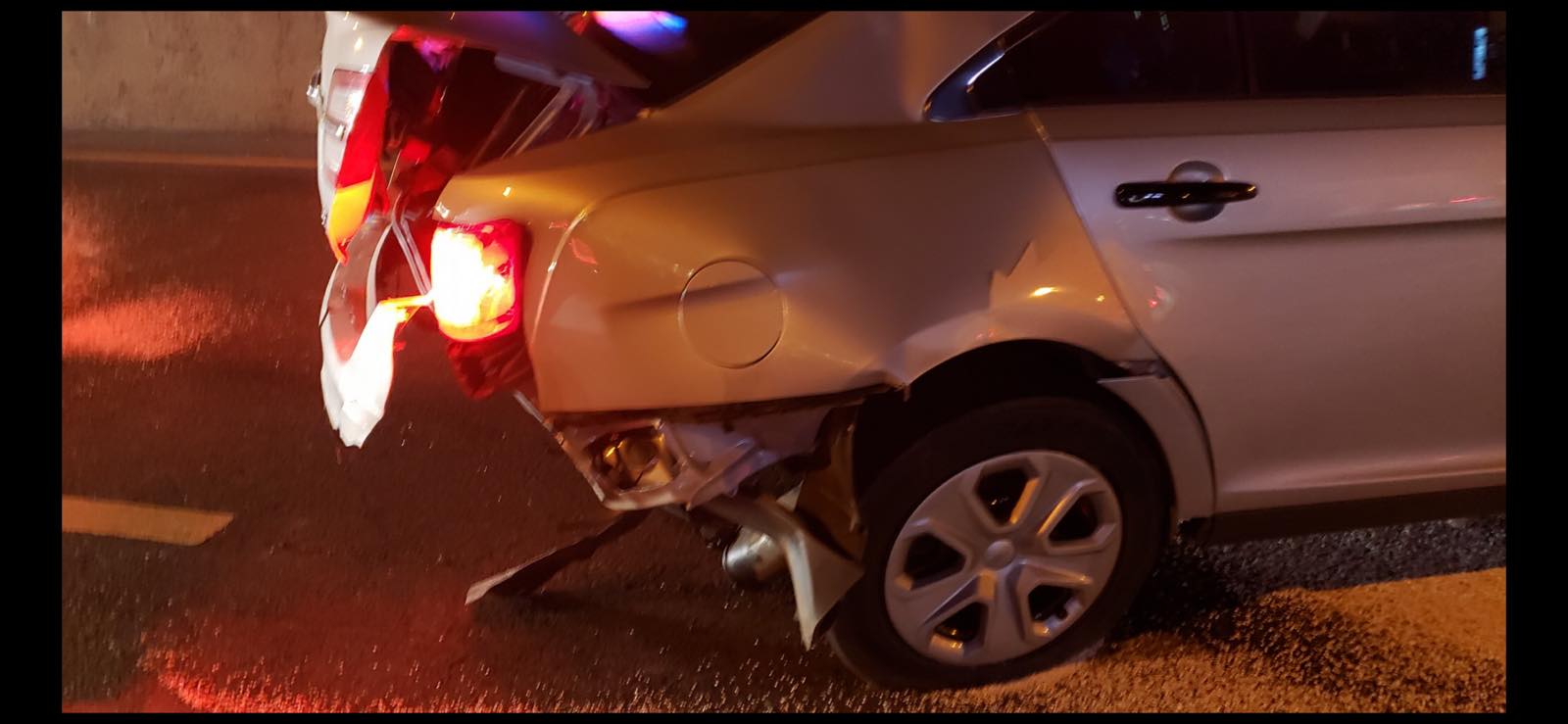Tesla is being asked by US federal safety watchdogs why it has not issued a recall to address software updates made to its Autopilot driver-assistance system, designed to improve the vehicles’ ability to detect emergency vehicles.
It comes after the National Highway Traffic Safety Administration (NHTSA) in August opened a official safety probe into Tesla’s Autopilot system, after a series of crashes involving Tesla models and emergency vehicles.
The NHTSA is the US car safety regulator and it is investigating 12 crashes of Tesla vehicles using driver assistance programs and emergency vehicles. NHTSA said most of the incidents took place after dark.

Tesla crashes
Last month for example, five police officers in Texas sued Tesla after they, and a police dog, were ‘badly injured’ after an unnamed driver crashed his Tesla Model X into the back of two parked police cruisers at 70mph (112kph), after they had stopped to investigate a fourth vehicle for suspected narcotics offences.
The driver was drunk and had used his Tesla to drive him home, when it crashed and wrecked the police cars, and left the police officers with “severe injuries and permanent disabilities.”
That police complaint alleges the electric car maker has “defects in Tesla’s safety features,” the functionality of which has been “vastly and irresponsibly overstated” to “pump Tesla’s share price and sell more cars.”
Another case took place in December 2019, when a driver was charged after he placed his Tesla Model 3 on Autopilot so he could check on his dog in the back seat.

Unfortunately, the Model 3 (whilst in its autonomous driving mode) failed to avoid crashing into a stationary police car of the Connecticut State Police, which had its blue flashing lights on, as it attended to a broken down car.
Why no recall?
Now Reuters has reported that the NHTSA wants Tesla to disclose its “technical and/or legal basis for declining” to issue a recall.
In a separate letter, NHTSA reportedly asked Tesla about its “Autosteer on City Streets” which the company also refers to as “Full Self-Driving” (FSD) released in October 2020, and raised concerns about limits on disclosure by drivers of safety issues.
“Despite Tesla’s characterisation of FSD as ‘beta,’ it is capable of and is being used on public roads,” NHTSA was quoted as saying.
Some users have posted social media videos that showed apparent issues with the FSD system, Reuters reported.
NHTSA wants Tesla to disclose its “criteria and timeline for allowing access to customers who have requested consideration in Tesla’s FSD Beta Request.”
NHTSA added it was aware of reports that participants in Tesla’s FSD early-access beta release program “have non-disclosure agreements that allegedly limit the participants from sharing information about FSD that portrays the feature negatively. … Even limitations on sharing certain information publicly adversely impacts NHTSA’s ability to obtain information relevant to safety.”
Reuters said that the NHTSA asked about Tesla’s distribution last month of functionality to certain Tesla vehicles intended to improve detection of emergency vehicle lights in low-light conditions, and Tesla’s early October release of the “Full Self-Driving Beta Request Menu option.”
NHTSA noted that the law says carmakers must issue a recall “when they determine vehicles or equipment they produced contain defects related to motor vehicle safety or do not comply with an applicable motor vehicle safety standard.”
Previous recall
The safety regulator said the updates were to help detect flashing emergency vehicle lights in low-light conditions “and then responding to said detection with driver alerts and changes to the vehicle speed while AutoPilot is engaged.”
Tesla has until 1 November to respond to NHTSA’s letter.
Tesla has conducted a recall previously, when asked to by the NHTSA.
In February this year Tesla agreed to recall 135,000 vehicles over faulty touchscreen displays, which on the surface may not sound like a safety issue at all.
But in a Tesla, the touchscreen display controls nearly all of the vehicle’s functionality, from adjusting heating or cooling, through to folding the wing mirrors.
The NHTSA said at the time it is clear there is a possible safety issue here concerning incidents of media control unit failures, that has resulted in the loss of rearview camera and other safety-related vehicle functions.




